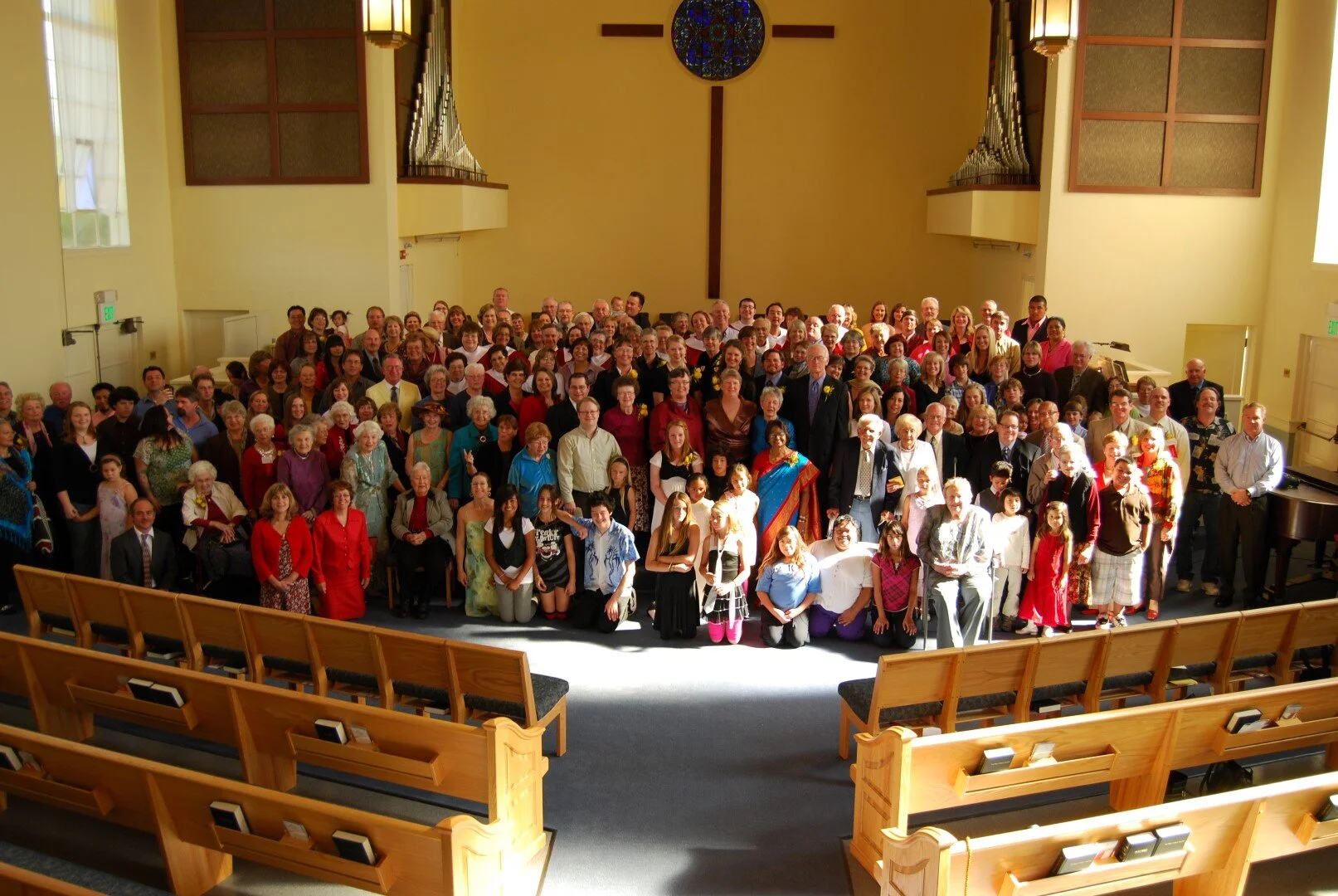The prophet specifically asks God to grant him a specific blessing. That blessing was for God to show his “glory” to Moses--so that he might have more credibility with the people. But what does that mean? What does it mean for God’s glory to be revealed?
The term is multivalent. Based on how it is used both here, in verse 18, and in Exodus 16: 6-7, it seems that God’s glory is equated with God’s “aura,” with God’s radiance or with a light shining around God’s face. So that’s what Moses asks for. He asks to see God’s radiance, God’s face. But, as it turns out, he doesn’t get what he asks for.
On first blush, God declines Moses' request and counters with the offer to send an angel to drive out the inhabitants of Canaan, but God refuses to continue on the journey with the Hebrew people.
But Moses perists.
God counters with a reminder that the Hebrew people were a mess. They wouldn’t follow a leader if their lives depended upon it. So it would be better if God just sent an angel to lead them, and they parted company while the relationship was still amicable.
Moses agreed with God that the people were unworthy of the blessing that he had requested, but Moses repeated the request anyway--perhaps as much for his own sake as for the sake of the people.
Finally, for reasons that are not entirely clear, God compromises and tells Moses that if he stands in the cleft of the mountain while God passes by, God will reveal his backside to the prophet. Moses was not entirely satisfied with the deal that God proposed, but he accepted it.
Moses stepped into the cleft of the rock, and God did as God said. God revealed his backside to Moses, and the prophet went back to “herding cats” in the Wilderness, and God led the way to the Promised Land.





















